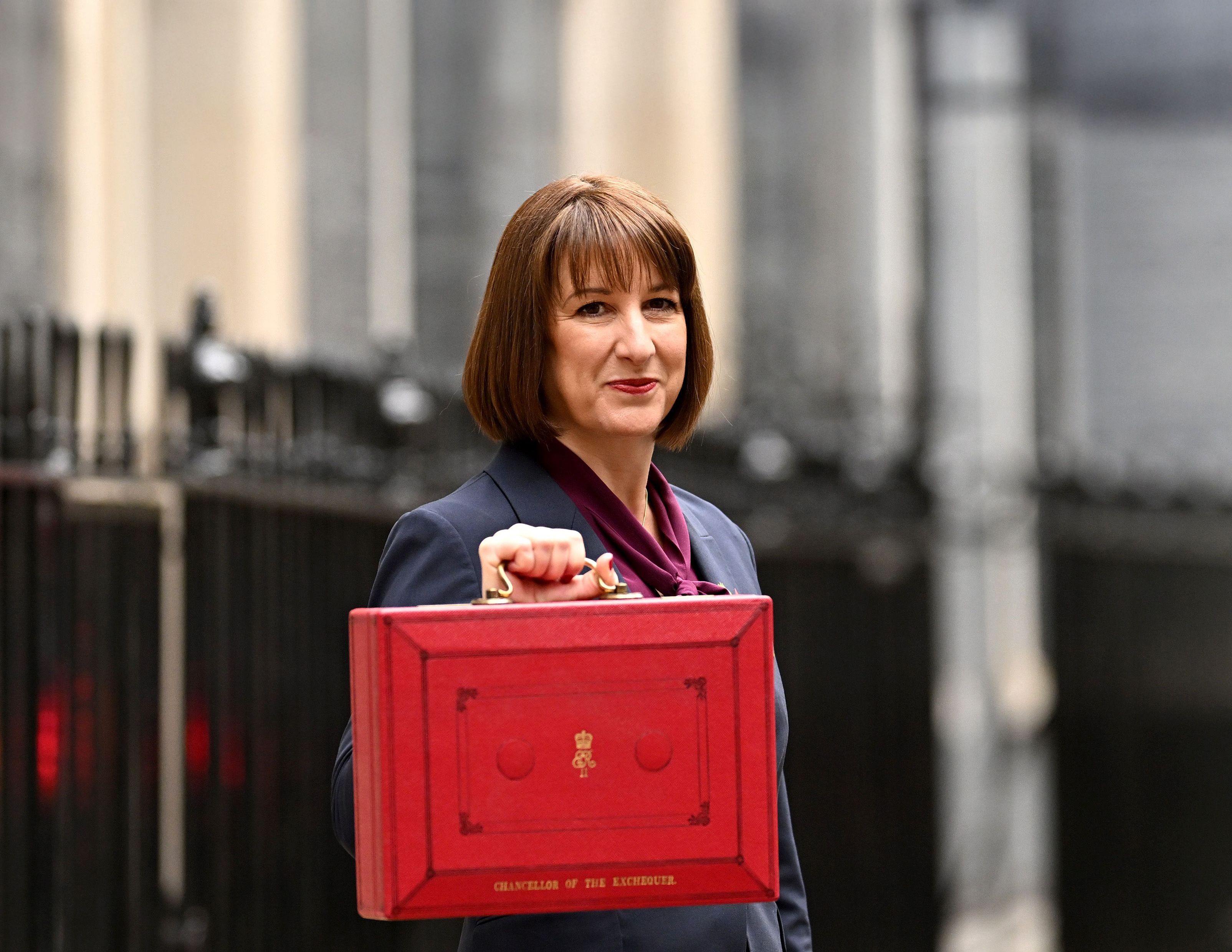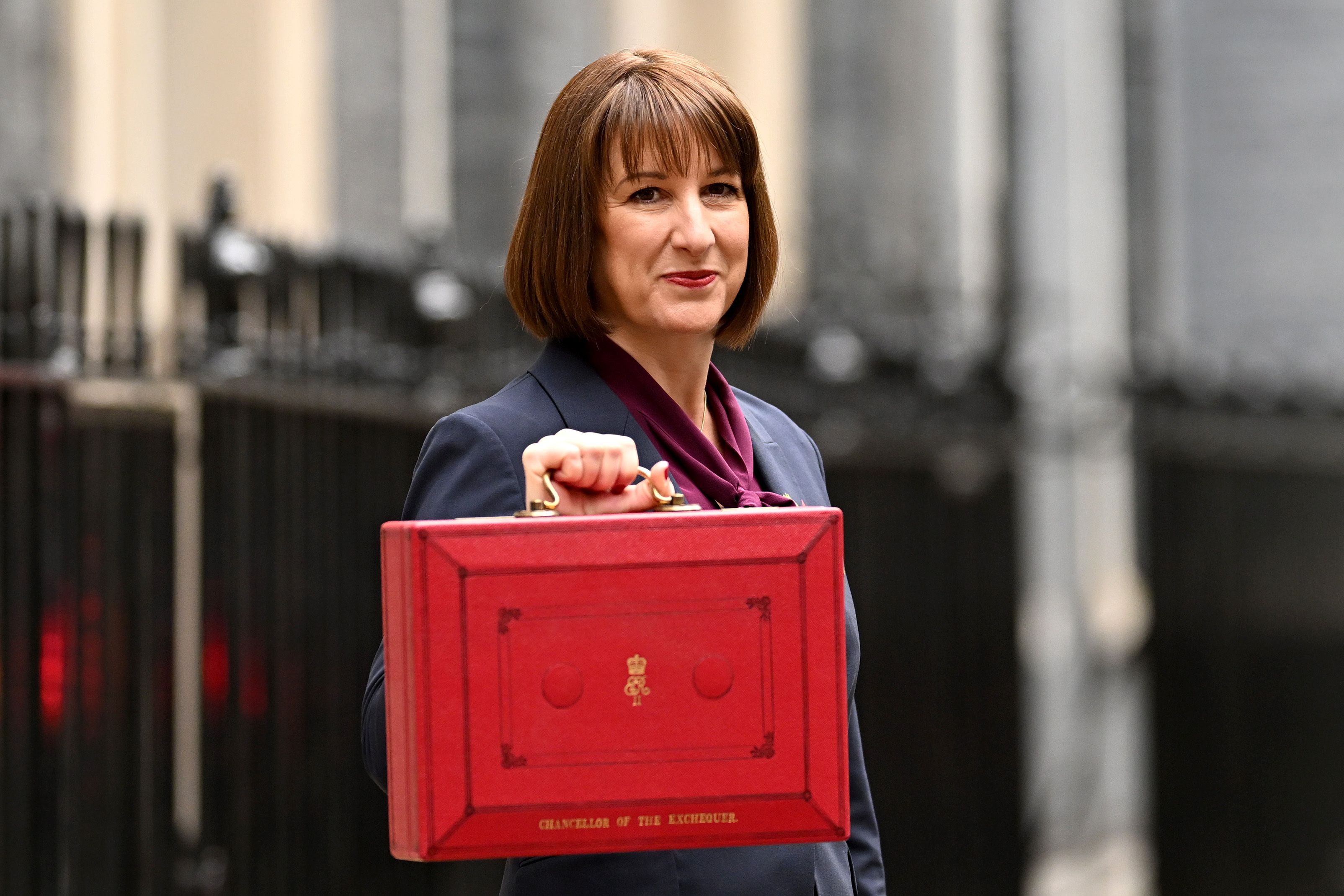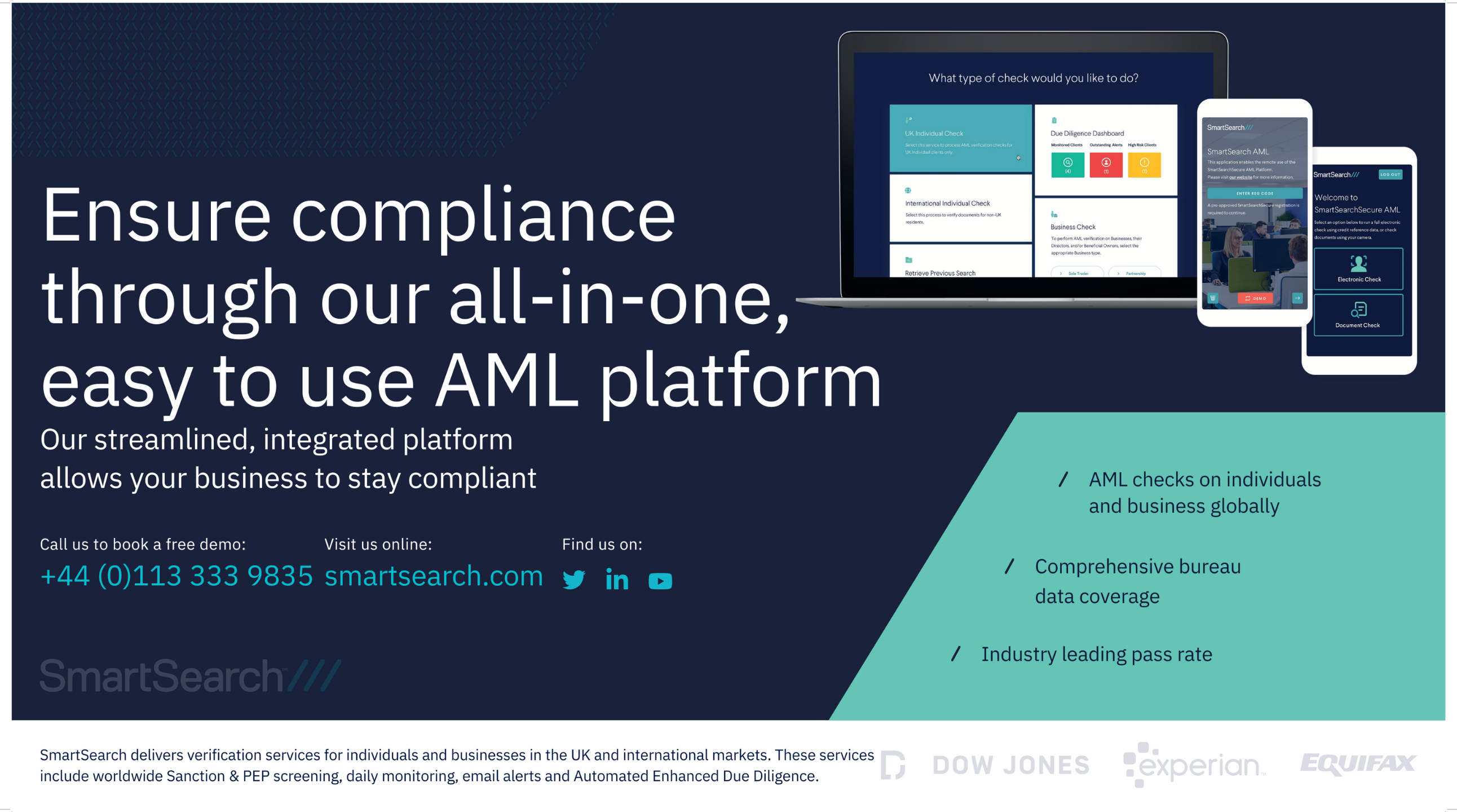Picking the pockets of UK business
Despite welcome measures for the low paid and small enterprises, in her determination to raise revenue the Chancellor stands accused of scoring an own goal on growth, says CEO Bruce Cartwright CA

Picking the pockets of UK business
Despite welcome measures for the low paid and small enterprises, in her determination to raise revenue the Chancellor stands accused of scoring an own goal on growth, says CEO Bruce Cartwright CA

This Budget was historic for a few reasons. It was delivered by the UK’s first female Chancellor of the Exchequer and was, of course, the first from a Labour government since March 2010. It has also felt like the longest wait for a Budget in quite a while, coming almost four months after the election on 4 July. There is no denying this was one of the most keenly anticipated fiscal events in recent history.
But did it live up to the hype? Our initial reaction is less than complimentary, I’m afraid. We think the government might stand accused of picking the pockets of UK business – the very words the Chancellor herself used against her opponents when she was shadowing the job.
The government’s own manifesto ruled out increasing the main tax levers for raising revenue, so we all knew there would be no upfront tax raid on the big-ticket items. This severely limited her options, resulting in a rather mixed bag of measures.
We’re concerned that the announced increase in national insurance contributions (NICs) for employers, of 1.2% to 15%, is ultimately an own goal on growth. Of course, we’re pleased to see measures that support those on the lowest incomes, such as the rise in the national minimum wage by 6.7% to £12.21 per hour (and an even bigger increase of 16.3% for 18–20-year-olds). But it’s Britain’s businesses that will bear the brunt of funding these additional costs.
“The Chancellor talked about ‘invest, invest, invest’ to drive growth, but might find her choices come back to haunt her”
This additional strain on businesses, at a time when many are already struggling with cashflow concerns and the backdrop of changes to the Employment Rights Bill, could be disastrous for some. Ultimately any increase in business costs needs to be paid for somehow. Firms are likely to compensate for the additional costs by limiting pay rises, freezing hiring plans, pausing employee benefits, reducing hours or even paying a lower rate of pension contribution.
These will all have knock-on effects and will directly impact what individuals have in their pockets – their spending power – and could stifle business growth. The government may have kept its promise that employees won’t see increases in NICs, VAT or income tax in their payslips – but they may well feel the impact in other ways if their contracts change, that pay rise doesn’t happen or there is a freeze on hiring.
The increase in employment allowance to £10,500 from £5,000 will take the sting out of the tail for the smallest businesses, with more than 800,000 likely to pay no NICs at all next year. But this places an even greater burden on medium and large employers.
The Chancellor has committed to keep the current personal income tax threshold freeze (introduced by the last government) for now, but not for the whole Parliamentary term as many expected – from 2028/29 the thresholds will be increased in line with inflation. This means that over the next three years, if and when pay increases, more people will be pulled into the tax system and millions more could be dragged into higher bands, effectively “picking the pockets” of working people. This three-year freeze is an easy win for the Chancellor, but not the most transparent way of increasing revenue.
The Chancellor talked about “invest, invest, invest” to drive growth, but might find her choices come back to haunt her.
Get the expert view on the Budget with Finance Directors’ Update, online live, 5 November 2024, 9.30am–1pm. Book your place here
ADVERTISEMENT





